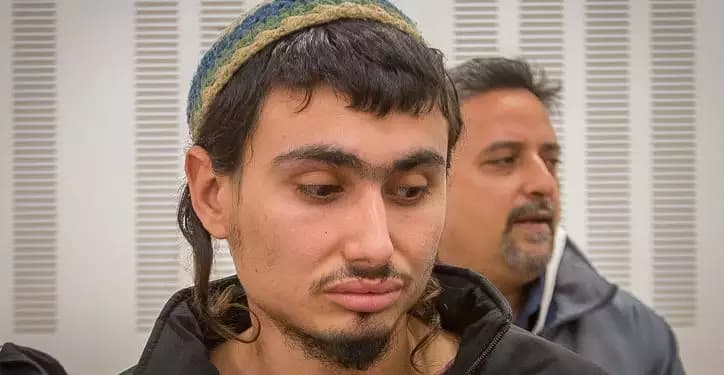Friendly Fire Disaster
IDF soldier charged with killing reservist during Jerusalem terror attack
The case has hit a nerve in Israel, where armed civilians often help during attacks. This isn't about crime though: it's about split-second decisions in the fog of war.

On November 30, 2023, two Hamas-affiliated terrorists from East Jerusalem arrived by car at the Givat Shaul junction and opened fire on civilians at a bus stop. Yuval Kastelman, who was in his car on the opposite side of the road, spotted the attack in progress. He drew his weapon and shot one of the terrorists at close range.
Two reserve soldiers, including Sergeant (res.) Aviad Frija, arrived at the scene and shot the second terrorist. At this point, Kastelman was still wearing his coat. Moments later, Frija approached from the other side and, like other eyewitnesses, mistakenly believed Kastelman was another terrorist.
Kastelman, realizing the danger, did everything possible to show he wasn't a threat: he removed his coat, got down on his knees, and raised his hands. Despite these efforts, he was tragically shot by Frija and fell to the ground.
The terror attack claimed the lives of Rabbi Elimelech Wasserman, Livia Dickman, and Hannah Ifargan. Kastelman was later pronounced dead.
Kastelman, 38, lived in Mevasseret Zion and worked as a lawyer for the Civil Service Commission. He was a former Border Police and police officer. During the current war, he had been called up for reserve duty but had recently returned to his civilian job after several weeks of service.
Frija was charged with manslaughter earlier today (Thursday) in what's become one of Israel's most talked-about friendly fire incidents.
"My client was racing back to his unit in Gaza when he jumped in to help," said Frija's lawyer, Shlomi Tzipori. "He wasn't the only one who thought there was a third terrorist - eight other people there thought the same thing."
He says Frija stopped shooting as soon as he felt the threat was over and then helped treat the wounded.
But military prosecutors say they've got evidence to show Frija should have known better, pointing to another soldier who was yelling at him to stop shooting.
The incident has sparked soul-searching about civilian response during attacks, especially now when more Israelis than ever are carrying weapons and ready to jump in during emergencies.
The trial is set to start early next year.
Makor Rishon and Walla contributed to this article.